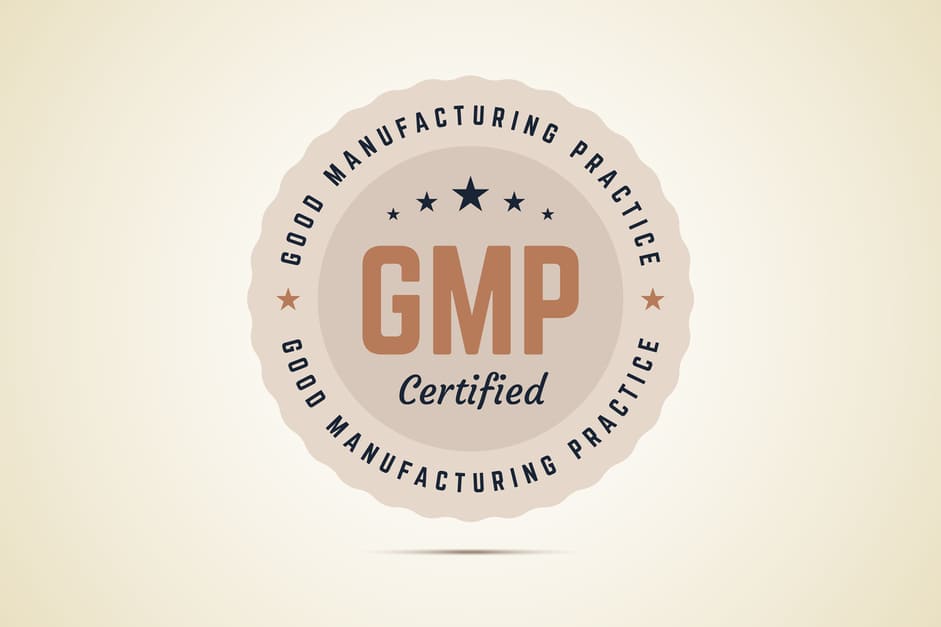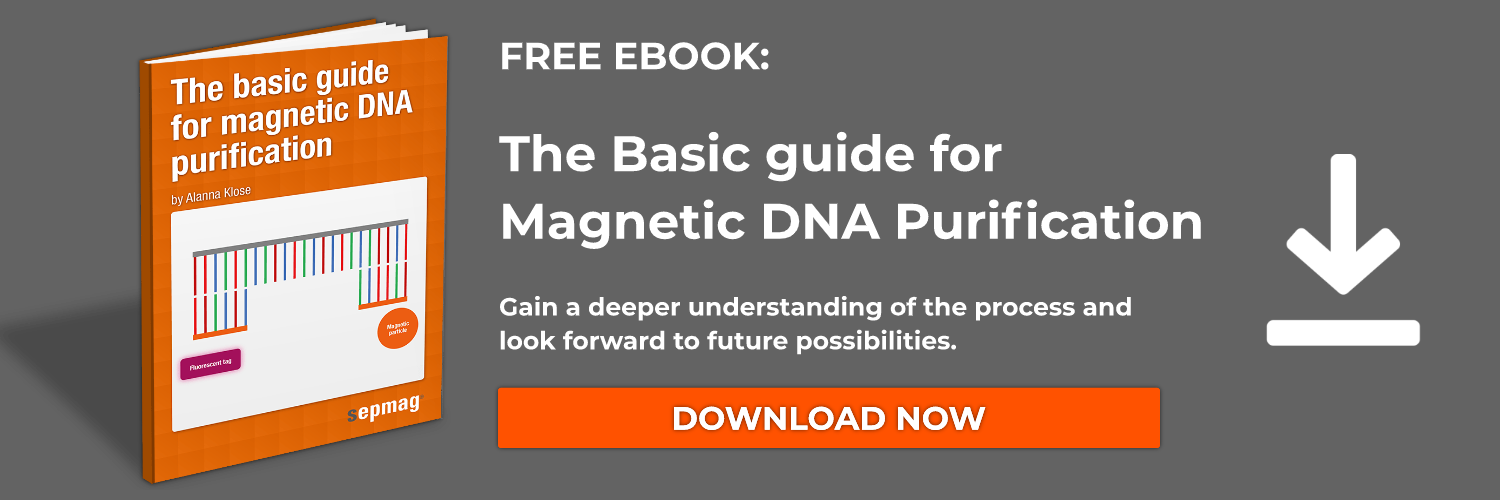Good manufacturing practice, or GMP, is a set of standards that ensures that produced products meet a set of quality standards. Following GMP is crucial for the production of laboratory equipment, as it ensures that a manufactured product is able to meet predefined criteria. Most GMP practices follow the guidelines set by the FDA in the United States, and are promoted by the WHO.
Examples of GMP regulations include every aspect of the manufacturing process, including the materials, facilities, equipment, production, packaging, training, and standard operating procedures. These guidelines are all meant to promote a controlled, clean, accurate, safe, and quality product that is produced. In order to meet GMP guidelines, an inspection must be passed. Such an inspection may include
- Testing a new product
- Assessment of Laboratory Compliance with GMP
- Inspection of Laboratory Operations
Inspections can cover either an entire lab or specific issues. As per FDA guidelines, inspections occur every two years at minimum.
Another good safety standard set is Good Laboratory Practice, or GLP. Similar to GMP, and often confused or mistaken, GLP sets standards for study as opposed to manufacturing. The ability for a second party to independently validate scientific claims is crucial in the field of science, and GLP guidelines ensure the quality and integrity of laboratory studies so that results are not exaggerated or false.
When purchasing equipment, it is good to purchase from manufacturers that are following both GMP and GLP practices. You would not want to purchase any device meant to perform a litany of tasks to not be tested, thus risking the safety of a work environment. This would be ensuring it follows GMP standards. You also would want a product purchased to meet the specification standards as advertised. This would ensure GLP standards have been met.
SEPMAG is known for following both standards, so that companies know their biomagnetic separation processes will work as advertised. This allows their products to be used safely and accurately without questions of verifying the accuracy of such devices.
For more information about GMP regulations, visit
For more information about GLP Regulations, vist
https://www.accessdata.fda.gov/scripts/cdrh/cfdocs/cfcfr/cfrsearch.cfm?cfrpart=58
Related news



